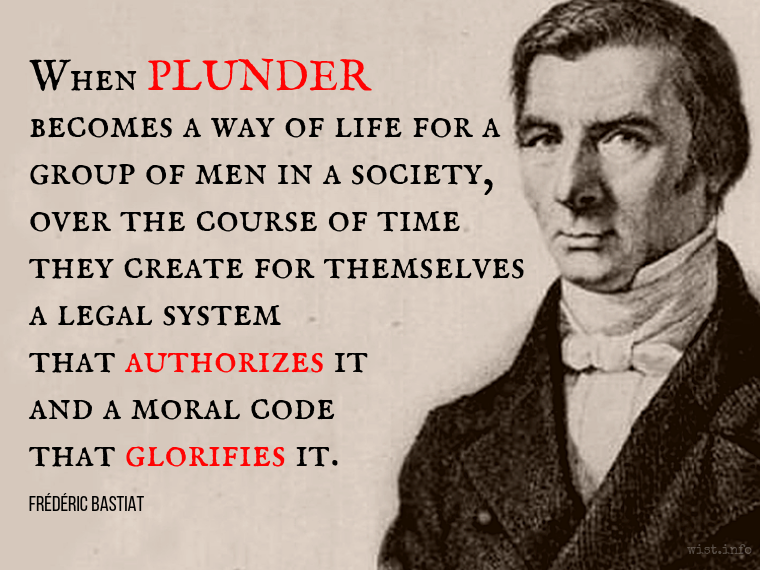Reformism as Demagoguery in a Partitocracy: The Masking of Corruption and Undemocratic Authoritarianism
Reformism, when manipulated by a corrupt political system, becomes a demagogic tool used to deceive the public and maintain power. In a system best described as a partitocracy, where political parties dominate government decision-making to serve their interests rather than the populace, reformist rhetoric serves to mask the inherent criminality and authoritarian tendencies of the ruling elite. This version of reformism does not aim for meaningful change but instead reinforces undemocratic policies that benefit corruption, opacity in political lobbies backdealing, and criminal organizations to perpetuate societal instability.
How to promote lasting Peace Treaty in the Russia Ukraine conflict and wider security agreements between NATO and Russia. Prospects of wider Geopolitical and economic stability.
The conflict between Ukraine and Russia has engendered significant human suffering, geopolitical instability, and economic disruption, not only within the affected regions but also on a global scale. The international community has witnessed a relentless cycle of hostilities and retaliations, with numerous diplomatic efforts falling short of achieving a lasting resolution. As the conflict drags on, the necessity for a comprehensive and internationally recognized peace treaty becomes increasingly urgent. Such a treaty should encompass the return of Crimea to Ukraine and the establishment of a mutually agreed-upon security buffer and demilitarized zone along the Ukraine-Russia border.
The Necessity of Investigations and Actions to Combat Anti-Europeanism and Unmask Antisemitic Conspiratorial Tendencies
To effectively address anti-Europeanism and its hidden conspiratorial tendencies—particularly those that carry antisemitic undertones—it is essential to focus on investigations, public education, and accountability within both political discourse and mass media.
The Uncanny Truth About Anti-Europeanism as a Form of Covert Antisemitism: Historical and Ideological Perspective
Anti-Europeanism, especially when framed as opposition to the European Union and broader European integration, has emerged as a political and social stance that is often intertwined with xenophobia, nationalism, and protectionism. On the surface, Anti-European rhetoric critiques the perceived loss of sovereignty, cultural erosion, and economic disadvantages caused by the policies of the EU. However, underneath these arguments lies a deeper historical and ideological connection: the use of Anti-Europeanism as a subtle or “covert” form of antisemitism.
The Ideological Parallels Between Nigel Farage and Hitler: Xenophobia, Racism, and AntiEuropeanism as AntiSemitism
The rise of nationalist and populist rhetoric in Europe, particularly in the context of Brexit, has drawn historical comparisons to authoritarian dictators as Adolf Hitler. Among the most controversial figures in this movement is Nigel Farage, former leader of the UK Independence Party (UKIP) and a central architect of the Brexit campaign. Farage’s rhetoric—characterized by his disdain for the European Union (EU), his portrayal of immigrants as a threat, and accusations of pandering to racist and xenophobic sentiments—has prompted scholars and critics to draw parallels between his discourse and the demagoguery exploited by Hitler.
The Current State of Hedge Funds’ Leverage and Implications for Big Banks
Hedge funds, known for their aggressive and often highly speculative investment strategies, have leveraged their portfolios to extraordinary levels in recent years. Hedge fund leverage has surged to an unprecedented $28 trillion, marking a significant risk factor within the financial system.
History of Soviet Union dangers posed to Europe through KGB operations
The Soviet Union, from its inception in 1922 until its dissolution in 1991, represented one of the most formidable threats to global stability, both politically and economically. The ideological conflict between the Soviet Union, a communist state, and the capitalist West, epitomized by the United States and its European allies, dominated the geopolitical landscape of the 20th century. Central to the Soviet Union’s strategy to spread its influence and counter Western power was the KGB (Committee for State Security), the notorious intelligence agency that played a crucial role in shaping global events during the Cold War.
Arabs’ money and the human trafficking business
In recent years, the influx of money from Arab autocracies into Europe has been substantial, spanning various sectors such as real estate, finance, and sports. While these investments have been publicly welcomed as a sign of economic collaboration and development,…
The opaque dynamics of plunder, Exploitation, Corruption, and Money Laundering
Globalization, driven by opaque unregulated illegal capitalist imperatives, has transformed the global economy into a complex network of financial flows, international trade, and investment. However, this economic integration has also facilitated a range of unethical practices, including systemic corruption, money…
The Ideological Propaganda of Brexit: Spreading Racism, Xenophobia, and Populism in Europe and Its Unintended Consequences for Ukraine
Brexit, the United Kingdom’s departure from the European Union, has been often viewed through the lens of national sovereignty and economic autonomy. However, its repercussions extend far beyond Britain’s borders, influencing European politics and international relations in unexpected ways. Among…









